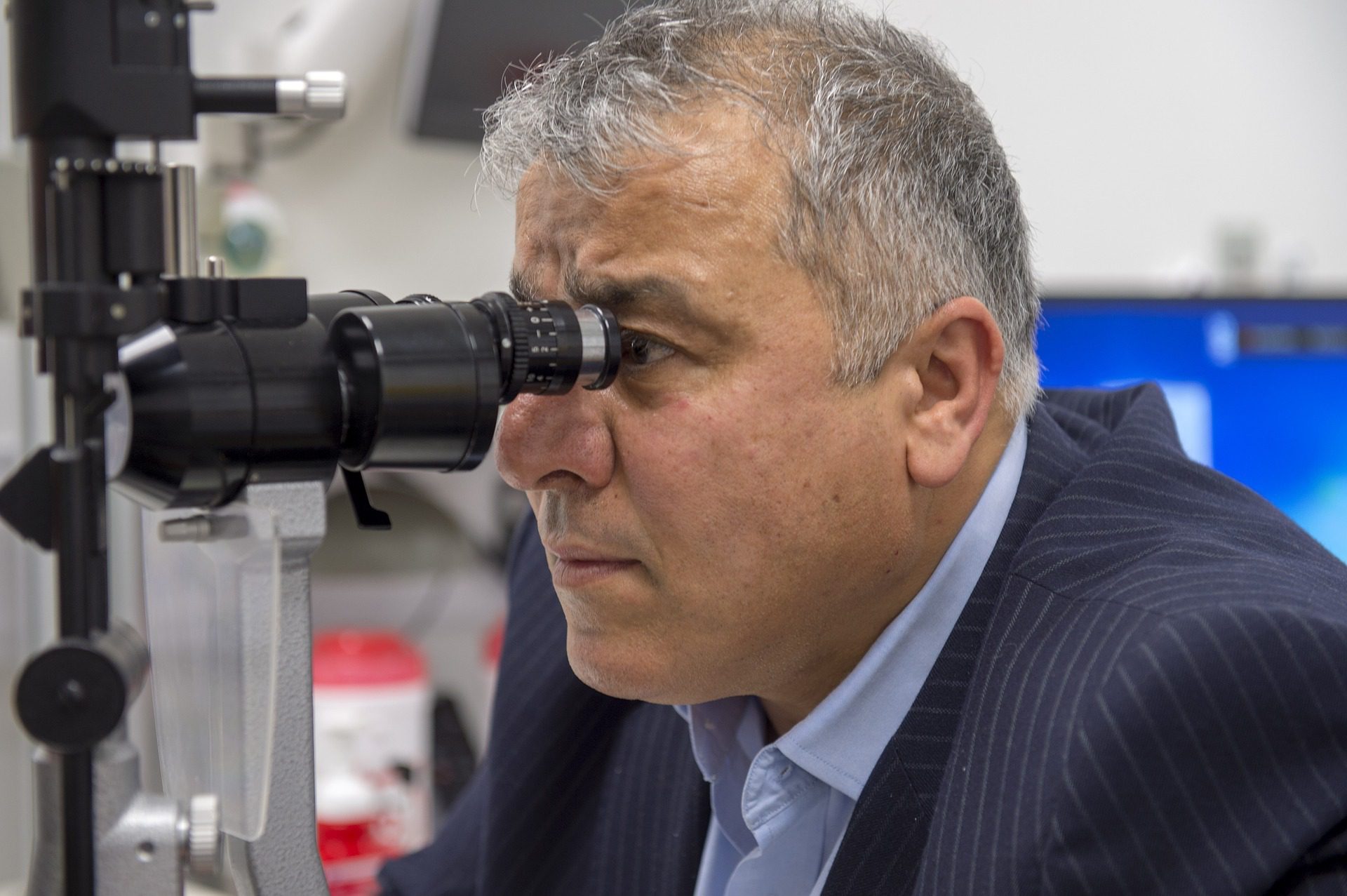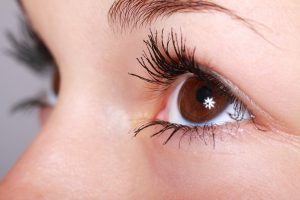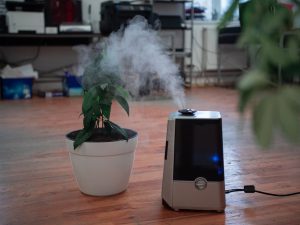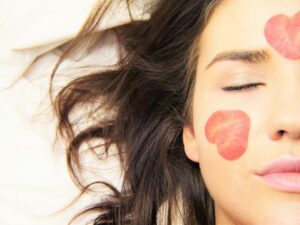Eyesight is very important to us, especially for mothers with young children. Even though glaucoma is considered a disease the elderly get, you can be in your 20’s and develop glaucoma. You are at greater risk if you have had an injury to your eye. It is essential that your child has an eye exam prior to starting school to determine if there is a vision problem. It is also important that you have a yearly eye exam, even if you are not over 40. During the eye exam, a pressure test to determine the intraocular pressure of the eye. They will examine the eye to determine if there is any nerve damage. Also, they will test different areas of vision loss. A yearly eye exam is one of the best ways to detect glaucoma before there is damage to the optical nerve and vision loss.
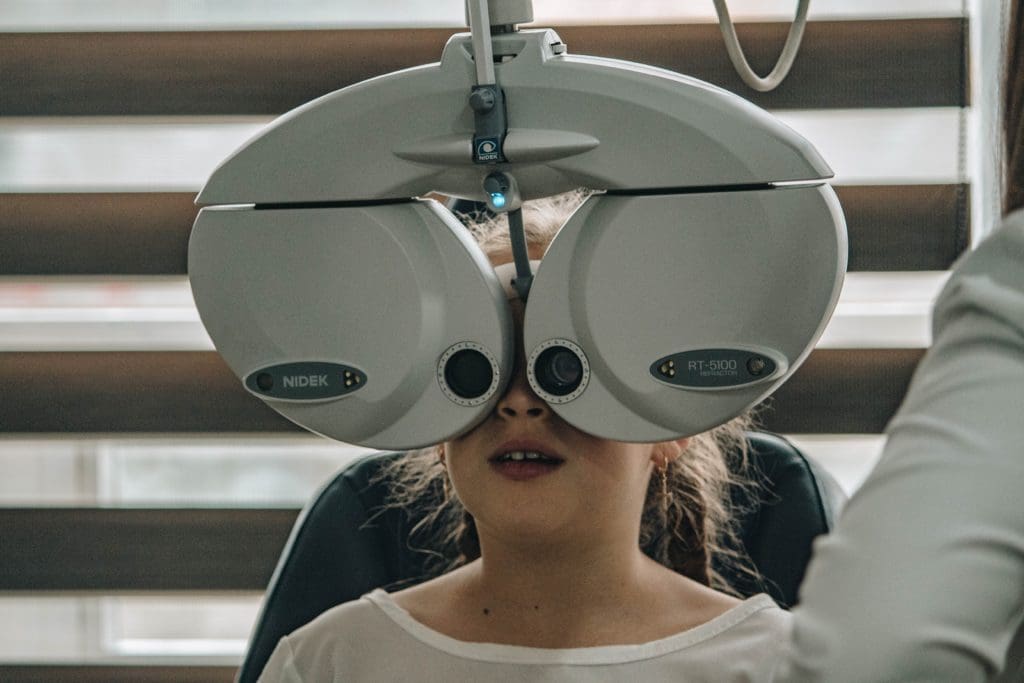
Food is one of those things that are hard to stay away from generally. The thought of eating fluffy doughnuts, crisp bacon strips, chocolate chip ice cream, and other delicious foods is one that you may entertain frequently. This in itself is not a bad thing; after all, food is one of the pleasurable things life has to offer. However, it is best to stay away from certain foods if you struggle with certain health issues as they can worsen it. Here are some foods you should stay away from if you have glaucoma.
Table of Contents
Reduce Caffeine Intake
There’s nothing as awakening as a hot cup of coffee in the morning. It gives that extra boost that you need to begin your day and reduce grumpiness. However, if you have glaucoma, it might be in your best interest to reduce your caffeine intake or stay away from it altogether.
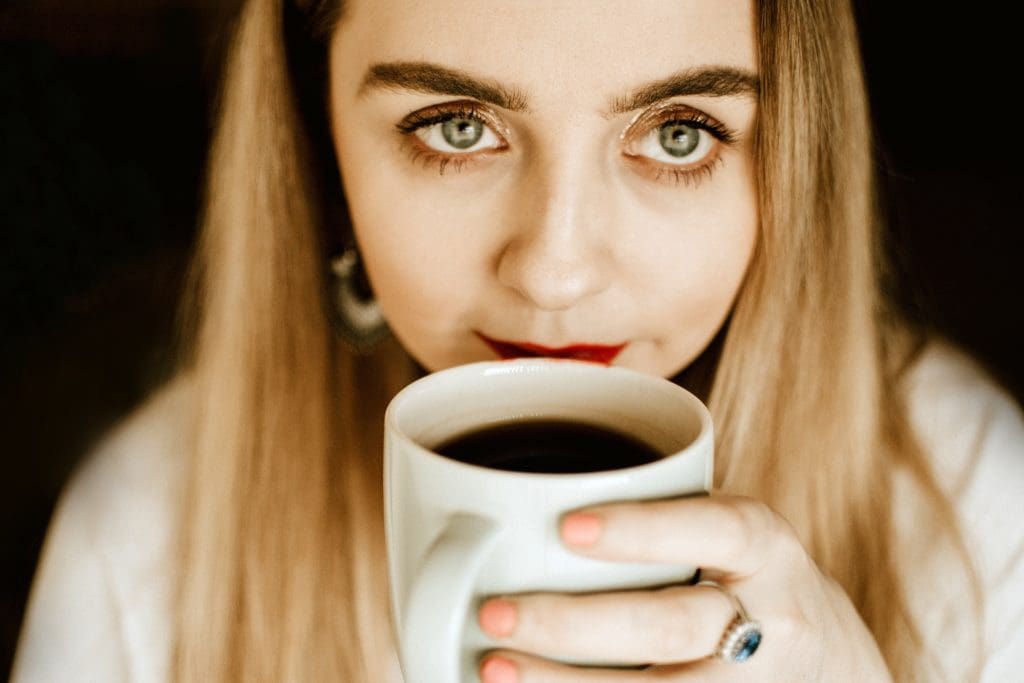
The main reason why it is advised that you stay away from coffee is that it has been recorded to increase intraocular pressure, which can result in optic nerve damage. A great substitute for coffee that you can consider drinking is green tea. It boosts your energy levels, reduces cholesterol and blood pressure, and is packed with antioxidants.
Avoid consuming saturated fats.
If you go for a consultation for glaucoma treatment, one of the things your doctor might tell you is to avoid consuming saturated fats. Foods packed with saturated fats like butter, cream, full-fat milk, beef, sausages, and so on are not the best for you.
Foods packed with saturated fats worsen glaucoma and also may cause you to gain unnecessary weight. It should also be known that some studies have suggested that obesity has been linked to a higher possibility of glaucomatous injury.
Know your allergies
Knowing your allergies and the things that are likely to trigger them is important. This way, you know which foods to steer clear off as people with food allergies are more likely to be at a higher risk of getting glaucoma.
There are some common offenders when it comes to allergies, and they include wheat, soy, dairy, and corn, but these are just a few. Visit your doctor if you suffer from allergies for more specific medical advice.
Don’t drink too much water in a short time.
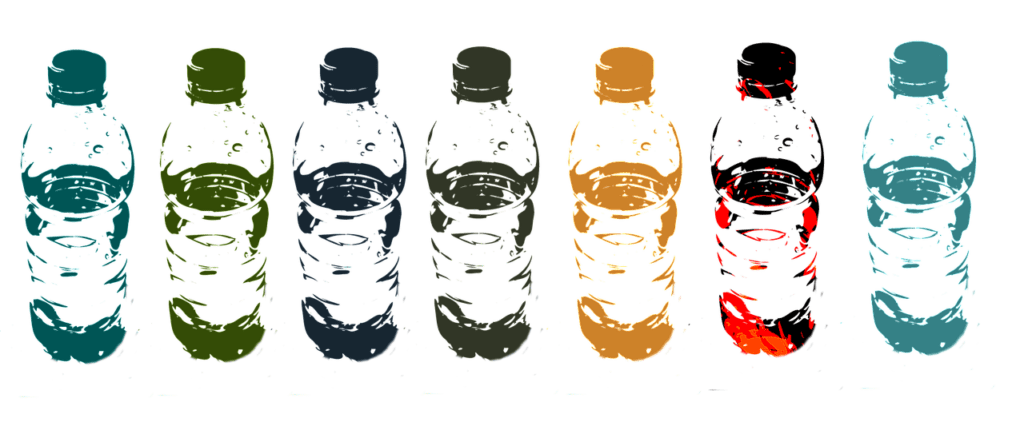 Drinking water regularly and staying hydrated is one of the best things you can do to keep healthy. However, drinking too much water in a short amount of time can increase intraocular pressure, and you don’t want that. Rather than drinking about 4 cups of water in the space of 20 minutes and risking worsening your glaucoma, spread your water intake throughout the day in smaller quantities.
Drinking water regularly and staying hydrated is one of the best things you can do to keep healthy. However, drinking too much water in a short amount of time can increase intraocular pressure, and you don’t want that. Rather than drinking about 4 cups of water in the space of 20 minutes and risking worsening your glaucoma, spread your water intake throughout the day in smaller quantities.
With glaucoma, early detection is one of the best ways to manage it. These preventative measures are helpful, but they should not replace visiting a licensed medical practitioner if you find that you have glaucoma.
So take care of your eyes so you can see your children grow up and your grandchildren.
Featured Image by CommsEditors101 from Pixabay

